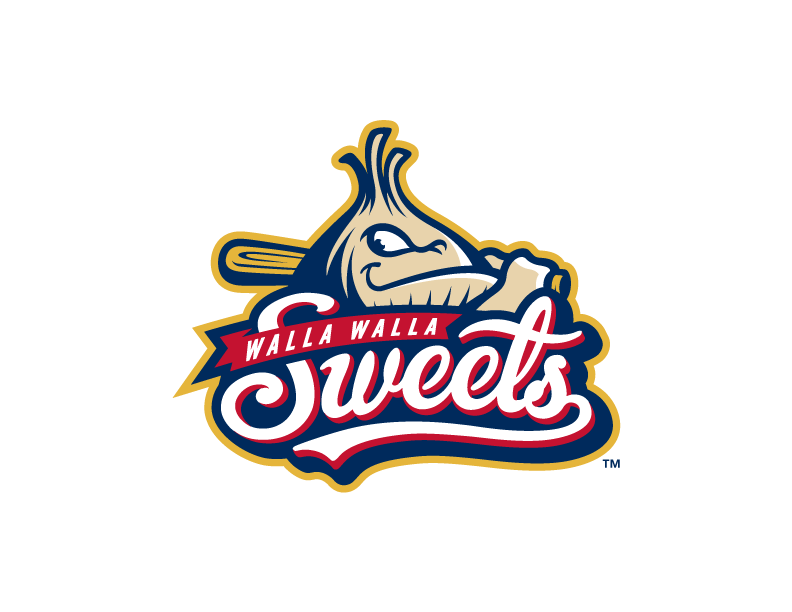As I work my way down the list of things to get done for the start of the season, there is one item on my list (besides promotional giveaways) that keeps me up at night - and that is host families. I am not kept up at night because we don't have good ones - in Walla Walla, we have the best of the best. But, I always sweat this time of year as to whether we will have the right ones and enough of them.
I love our host families. I lived out of the country for two years, where I communicated in a different language, with a different culture. We had apartments that were arranged for us (which was nice), but while they were safe (usually) and provided the amenities of home, they weren't home. During the week, we'd have the opportunity to share a meal or visit with families in the area. Home-cooked meals, children happy and laughing, stories and a vibe that only come from a real home - that little slice of heaven kept me energized, happy and focused on the work that I had to do while abroad. That is what I believe our host families provide to our players every season.
Have you ever waited up until 11:30 pm with a prepared meal wrapped in tin foil, after everyone else has gone to bed, to visit with the young man that isn't your son? The young man that may have had the game-winning hit, or maybe the big error that cost the team the game, or possibly the toughest of all - the guy who's name never made it onto the lineup card? The guy who is likely 6-8 hours (at minimum) away from home, missing every creature comfort he has known to pursue a career in a game/profession where only 5% of the draft picks make it? If you have, you are likely a host family.
 |
| When a complete stranger leaves a member of your family, you've been a host family. |
Have you ever purchased eggs - 4 dozen at a time - knowing you will purchase thee same amount again next week? Did you know that they sell 2-gallon jugs of chocolate milk (1 gallon jugs held together with plastic wrap)? Have you ever wondered how a 170-lb young man can consume 4000 calories in a day? If you have, you are likely a host family.
Did you ever cautiously welcome a complete stranger into your home, only to have him leave as an older son, brother, or grandson to the rest of your family? Do you have picture frames and binders full of players past that are now a collection of life-long friends? Do you now FaceTime with a college sophomore? Have you ever cried a small tear when the young man you welcomed into your home as a freshman shoots you a text that he just graduated from college - the first in his family to do so? Have you ever invested so much into a person who is not related by blood, over a game with gloves and balls, that they become a permanent part of your life's story? If you have, you are likely a host family.
Host families allow our young men to become part of our community - not just part of our team. Walla Walla is an amazing place to live - and our host families provide that little slice of heaven that keeps our players energized, happy and focused all season long.
A bit of a ramble, but I love our host families. I'm excited to welcome them back to the park this summer. - ZF


